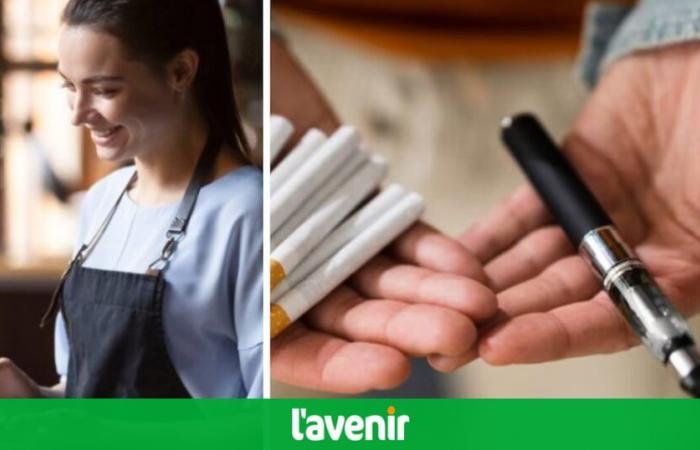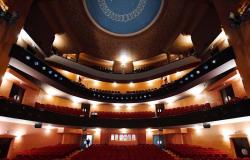
As part of the anti-smoking plan, which the federal government developed with the federated entities at the end of 2022, a whole series of measures have been put in place to ensure that, on the one hand, people are more motivated to stop smoking and, on the other hand, that they do not start smoking.
The quota of hours for student jobs drops to 475 hours per year
The quota of hours for student jobs will be reduced to 475 hours per year from January 1, 2025, according to the National Social Security Office (ONSS). In 2023 and 2024, the federal government increased this quota to 600 hours per year, as a support measure in the face of the consequences of the Covid-19 pandemic. Next year, the quota will return to its initial level.
Student jobs in Belgium: are young people less reliable?
These hours can be distributed freely throughout the year, with one or different employers. The working hours counter is reset to zero at the start of each calendar year.
New, stricter rules to regulate advertising for alcoholic beverages
From January 1, a total ban on alcohol advertising will come into force on TikTok and Snapchat. There will also be a ban on alcohol advertising within a 150 meter radius around schools. These measures follow a new agreement on alcohol concluded between the advertising sector, the media and professional associations active in the distribution and production of alcoholic beverages.
Concretely, all advertising displays for beer or spirits will be banned from January within a perimeter of 150 meters around schools. Advertising for alcohol will also be prohibited in the media or cinema screenings where the audience is made up of at least 30% minors.
In addition, brands will not be able to feature people under the age of 25 in alcohol advertisements. “To prevent young people from being exposed to alcohol advertising on social networks, advertisers will also have to use age filters,” indicates the president of the Advertising Council, Marc Frederix. “If a social network does not offer these filters, we will implement a total ban on alcohol advertising on that platform.” This is for example the case of TikTok and Snapchat.
Romania and Bulgaria fully join the Schengen area
Romania and Bulgaria will officially and fully be part of the Schengen area from January 1, 2025. The member states of the European Union confirmed in mid-December the lifting of controls on people at internal land borders with these two countries. .
Romania and Bulgaria became the 28th and 29th members of the vast European Schengen free movement area on March 30, 2024, but controls at internal land borders were maintained, due to a veto from Austria, which feared a influx of asylum seekers.
This veto was finally lifted at the beginning of December, allowing the removal of all land border controls from January 1, 2025.
According to an agreement presented in November in Budapest, temporary controls will be carried out “for an initial period of six months, in order to minimize the potential change in migration routes which could result” from this enlargement of Schengen.
The Schengen area includes most of the member states of the European Union, with the exception of Ireland and Cyprus. In addition, Iceland, Norway, Switzerland and Liechtenstein, non-EU countries, are part of this free movement zone.
Advertising for games of chance banned in stadiums
Gambling advertisements will be banned in stadiums from January 1. Gaming company logos can still be displayed in small format on the back of players’ jerseys, but without a slogan.
Clubs that break the rules face fines of up to 500,000 euros.
The exception for small logos on the back of jerseys will end from January 1, 2028 for professional clubs.
New regulations for fishing in Wallonia
New provisions governing the exercise of river fishing in Wallonia come into force from January 1, 2025. They concern in particular the price of fishing licenses and the lifting of bans on fishing over a distance of 25 meters preceding dams. or confluences of watercourses.
New rules for fishing in Wallonia
Fishing license A (during the day, from the water’s edge) will increase from 12.39 euros to 20 euros and that of license B (from the water’s edge or in the watercourse) from 37. 18 to 45 euros. On the other hand, the price of permit C (at night for carp fishermen) decreases from 120 to 110 euros, for reasons of consistency with other permits. In addition, C permit holders will be able to use their three lines during the day. Prices will be indexed annually from January 1, 2027.
The new regulations remove the fishing ban on the 25 meters located upstream of dams and weirs or in the confluence zones of certain tributaries of the Sambre and the Meuse. The bans in force limited the practice of fishing without objective reason.





